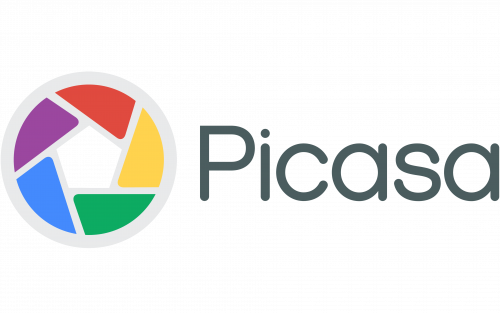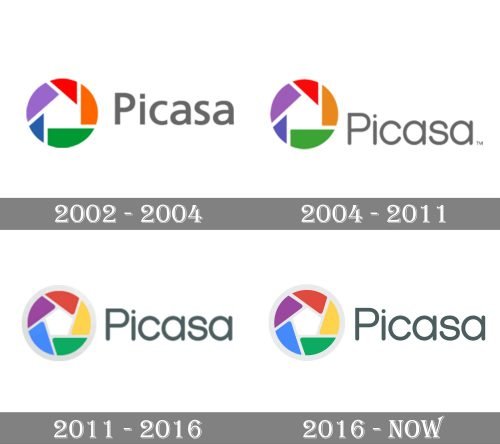

Picasa was a photo-editing platform, which also could be used for preview and organizing image files. The platform was created in 2002 and discontinued in 2016.


Picasa, an innovative digital photo management software, was founded by Lifescape in 2002. The company’s roots trace back to the early 2000s when digital photography began gaining widespread popularity. Picasa’s founding was a response to the growing need for efficient photo management and editing tools for the burgeoning number of digital photo enthusiasts.
Over the years, Picasa made significant strides in the digital imaging world. Its main achievements included pioneering the integration of photo organization and editing in a single, user-friendly platform. This integration allowed users to not only store and organize their photographs but also to enhance them with various editing tools. The software gained widespread acclaim for its intuitive interface, making digital photo management accessible to casual users and professionals alike. Another notable achievement was Picasa’s seamless integration with online platforms, particularly after Google acquired the company in 2004. This acquisition expanded Picasa’s reach and functionality, allowing users to effortlessly upload and share their photos online.
Today, Picasa’s current position in the digital photo management landscape is notably different. Google announced the discontinuation of Picasa in 2016 to focus on their newer photo service, Google Photos. This decision marked the end of an era for Picasa, transitioning its user base to Google Photos. Despite no longer being in active development, Picasa’s legacy continues to influence modern photo management software, with many of its innovative features now standard in digital photo organizing and editing tools.
What is Picasa?
Picasa is a software application specializing in digital photo management. It provided tools for organizing, editing, and sharing digital images, catering to both amateur and professional photographers.
The 2002 design has a grey wordmark made from bold sans-serif letters, slightly different from the later typefaces. The other part is a round emblem that resembles a camera lens. The shapes it consists of are multicolored, including red, orange, green, blue & purple.
In 2004, they lowered the name wordmark and gave it a new font: a thinner, rounder sans-serif. As for the emblem, the color scheme became slightly paler in this version.
In 2011, they lifted the wordmark back up. The emblem, for its part, got a new grey frame. In addition, the sections of the lens now became even paler (the orange bit turned into yellow, in particular). They also were rearranged into equal and identical shapes, unlike before.
The name of the software, Picasa, was derived from the Spanish “mi casa”, which translates as “my home”. The Picasa visual identity contains the name’s explanation as well as the nature of the software.
The Picasa logo is composed of a wordmark with an emblem on its left. The inscription in a rounded sans-serif typeface looks light and delicate. Written in a dark gray color, it evokes a sense of authority and professionalism.
The Picasa emblem is a stylized image of a shutter mechanism, composed of five segments, each of them in a different color. The segments are placed inside the circle frame and form a house silhouette in the center.
The bright Picasa emblem is a reflection of photography and art, it represents creativity and artistic approach, while its simple shapes evoke a sense of stability and high-quality.
The Picasa logo is pretty traditional for its segment, but the “home” connotation of its visual identity is very strong and adds a friendly and welcoming feeling to the brand.